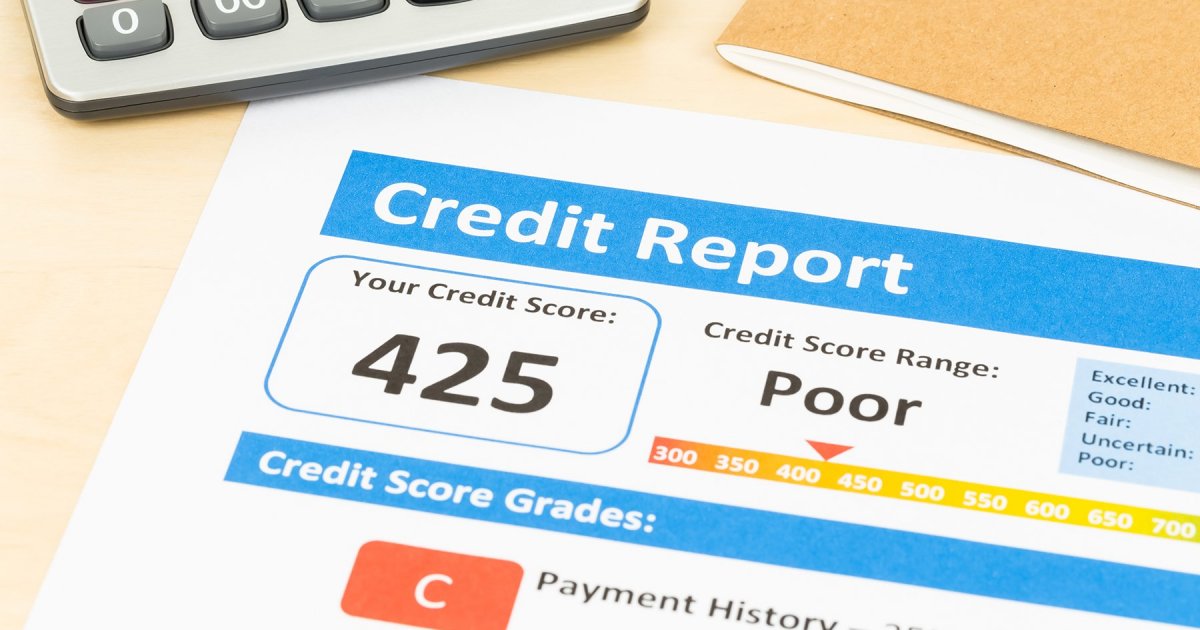What is the lowest bad credit rate allowed for a mortgage?

When applying for a mortgage, the minimum credit score that is necessary can vary depending on the type of loan as well as the lender. In order to qualify for a traditional loan, you normally need a credit score of at least 620; however, certain lenders may require a higher score. The minimal credit score required for certain loans guaranteed by the government, such as those offered by the Federal Housing Administration (FHA) and the Veterans Affairs (VA), is as low as 500.
Individuals who have been through a difficult financial time, such as the loss of a job or a medical emergency, may be able to qualify for a loan with a credit score as low as 500 if they participate in a programme offered by the Federal Housing Administration (FHA) called the FHA Back to Work programme. This programme helps individuals re-enter the workforce after an extended period of unemployment. However, there are more stringent standards for participation in this programme, and borrowers will be required to go through a counselling procedure.
A non-conventional loan, often known as a hard money loan or a subprime loan, is yet another alternative available to individuals who have a low credit score. Private lenders are the only ones who can provide these kinds of loans, which come with interest rates and costs that are significantly higher than those of regular loans. Those with a low credit score might find them to be a viable option; nevertheless, it is essential to be aware of the hazards involved and to work with a lender that has a solid reputation.
Even if you do qualify for a mortgage despite having a poor credit score, the interest rates and costs will most likely be higher for you than they are for people who have higher credit scores. This is another crucial point to keep in mind. Borrowers with poor credit are more likely to be required to pay for mortgage insurance, which can drive up the entire cost of the loan.
